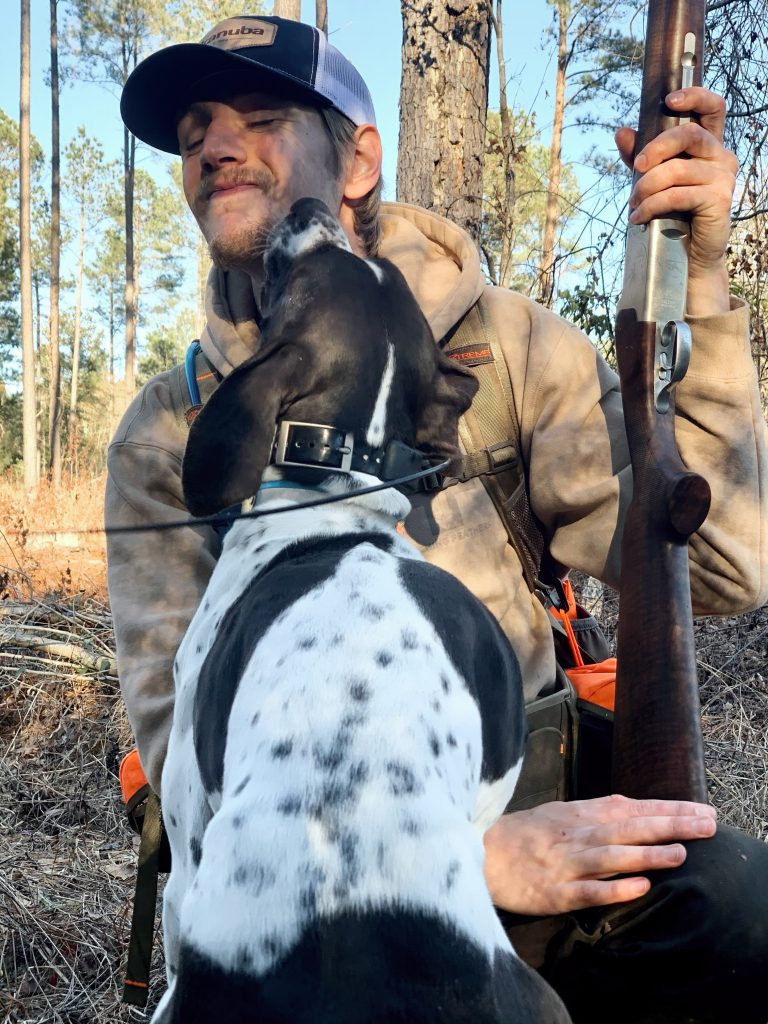This topic seems simple doesn’t it? What else could a dog be? A lot more and a lot less than what we would think. But what should we expect from our personal dogs whether they are house dogs, working dogs, or sporting dogs?
Have you ever dreamt of owning a certain dog and before you make that dream a reality you fantasize what that dog will do for you? Will he/she retrieve thousands of birds, find countless deer sheds, detect a person's blood sugar, use their noses to find narcotics and explosives, or simply become a traveling partner? We often build this expectation up for a dog before we even know that dog's behavior and personality. We then begin to mold that dog through a training process. But where did we get this expectation from and these training tips from?
A huge problem in today’s society is social media and the power it has to influence our outlook on life. We see these training videos of a “perfect” dog, we see photos of a dog working as it should and everything in that moment seems so real and so perfect. We want what they have because they have the image of a “perfect” dog and the followers and likes to back that up.
But is having a “perfect” dog really all that perfect? I’ve trained several dogs over the years and as time goes on, I’ve learned to train a dog based on its personality and how it learns rather than a golden set of rules laid out by a master trainer. I’m not saying don’t take advice from someone, but take that advice and mold it into your own technique.
My first German Shorthaired Pointer I trained who is now five is a fully finished dog. However, he is by no means perfect. He will still get jumpy when on point, won’t fully retrieve a bird from time to time and is all around hard headed. This is all 100% my fault. I tried to follow what I thought was that golden set of rules to training a pointing dog. However, what I failed to do was to let a dog be a dog! Now compare this to my most recent pointer I’ve worked with. She is coming up on a year and will honor, steady to wing and shot, recall, retrieve game, and more. Now I’ve used those same set of golden rules for training a pointer, but I let her be more of a dog during our hunts. I put more trust into her nose and her ability to find the game we were after.
As I grow my business and train more dogs I find it to be more difficult at achieving that goal of having a “perfect” dog by force feeding it a ton of knowledge based off of those golden sets of rules. Having those high expectations for training your new dog is natural and helps you set a foundation. Learn to train the dog based on its individual needs, let the dog be a dog and learn through both training and mistakes.
As always I will leave you with this,
“Don’t blame a dog for its’ faults; look in the mirror and you’ll see who’s to blame.” - Steve Reider.
Remember every dog is different. We all want that “perfect” dog and have expectations of what they’ll become from day one. We can follow the golden set of rules and learn from master trainers, but in the end we need to let a dog be a dog and do what it was born to do.
Jacob Shipley
Full Flight Kennels







